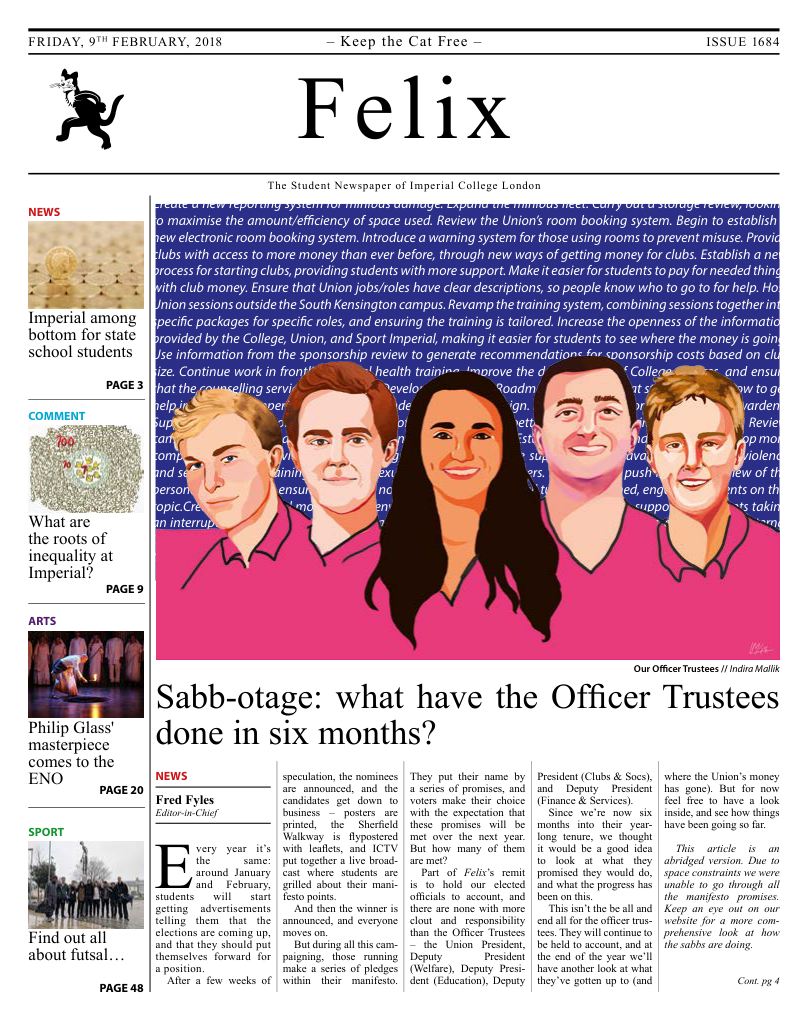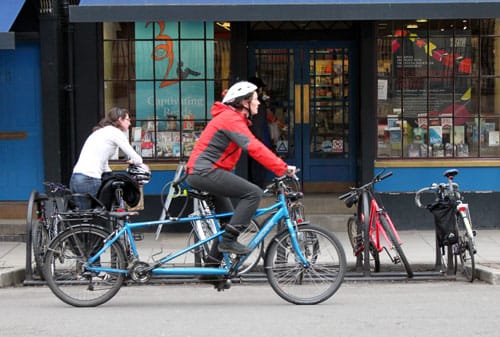Why going cashless has a bigger impact than you might think
The College seems to be rolling out cashless-only payment, but the transition to a cashless campus has impacts on liberty, choice, and convenience.

In December 2017, several catering outlets at Imperial College (e.g. SCR, H-Bar, Business School Café, etc.) started a cashless pilot. Initially intended to last until the end of January 2018, it has since been extended to the end of February. During the trial period the involved catering outlets do not accept cash payments, but only payments by credit cards, debit cards, and Yoyo. The College says that the cashless trial is intended to reduce queuing times. If this trial is not opposed by significant numbers of people, it is highly probable that the College will infinitely extend the trial and thus permanently ban cash from its premises.
An avid and passionate cash payer myself, I vehemently oppose any means to impair my freedom of choice. That goes for standard things like profession, hobbies, friends etc., but also extends to the method of payment. Cash is a valid and legal tender, and I see no reason to prohibit it at the College. Every year, many people from outside Imperial – contractors, visitors, and freshly-started students and staff – attend the college and might not yet have a bank account or credit card (for whatever reason). They would be denied the opportunity to buy a coffee or snack.
“There are concerns around privacy and security in giving the government and central banks complete control of assets”
On a bigger-than-College perspective, I believe that – amidst global financial upheaval, banking crises, and rising debt – the removal of cash would further virtualize money, and could lead to unpredictable consequences and bubbles. Bitcoin seems to be a precursor.
Moreover, I have privacy and security concerns in giving the government and central banks complete control over my financial assets, a view shared by several experts. In a cashless society, a government can introduce negative interest rates and thus force the citizen to spend more. This is not possible with cash. Or think about dictatorial regimes, which are essentially untouchable if they have complete control over financial assets. According to an unpublished study of the European Central Bank (ECB), about 80% of point-of-sale transaction are done with cash. The general standpoint of central banks like the ECB or the German Bundesbank is that cash is still required, and the freedom of choice for users should be upheld. The World Economic Forum also agrees that cash is a direct link between people and central banks and serves to establish trust and public acceptance of central banks.
Other problematic issues of cashless societies are employment opportunities. A recent report by PWC examines the likelihood of job losses due to automation. It shows that disciplines like retail, food service, and manufacturing are especially endangered. It is highly likely that – amidst a move toward cashless Imperial – several cashiers and other catering staff might be laid off. While there is not enough space to cover all the problems with going cashless – and I could go on forever – there are other issues, such as giving money to homeless people, which are significantly reduced in cashless societies.
“Other issues include giving money to homeless people, which is significantly reduced in cashless societies”
Coming back to College’s arguments, the College has not provided any statistical or scientific evaluation of the reason for the long queuing times. They also have not shown that the reason is the payment procedure itself, rather than more fundamental issues like too many customers arriving at the same time or time lost due to having to wait for a certain dish. It is also unlikely that there will be any significant improvements of the queuing times by squeezing out the remaining 20% of cash customers, with College claiming that 80% of payments are already cashless. It is difficult to comment on the College’s arguments, since they have provided virtually none, other than a claim that some people have complained about queuing times.
On a personal level, I think it is very disappointing to see that a College which prides itself on diversity and freedom, and celebrates events such as LGBT History Month, is willing to take away the fundamental freedom of payment choice.
I hope that I made my arguments clear, and that students – irrespective whether they prefer cash or cashless payments – will join me in opposing the ban on cash payments. As a cashless payer, it might not be directly relevant to you, but the implications are bigger than you might think.
Feedback on the cashless trial can be submitted until the end of February here.









